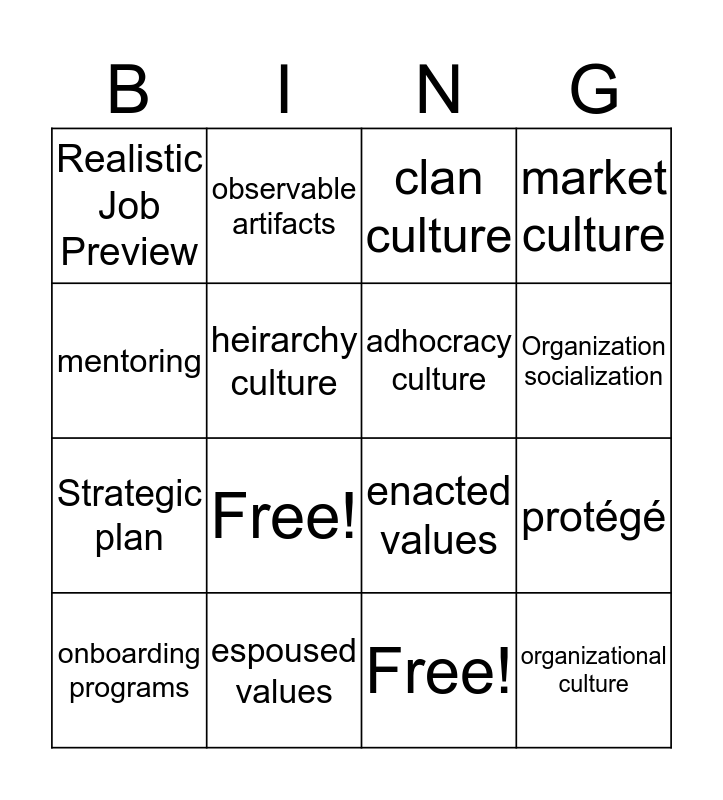Culture and socialization are two closely intertwined concepts that play a crucial role in shaping the beliefs, behaviors, and values of individuals within a society. Culture refers to the shared values, beliefs, norms, and practices that define a group or society, while socialization refers to the process through which individuals learn and internalize these cultural values and norms. Together, culture and socialization shape the way we think, feel, and act, and they are integral to our identity and sense of belonging.
One of the primary ways in which culture is transmitted and internalized is through socialization. This process begins at birth and continues throughout an individual's life. It occurs through various channels, such as the family, peer groups, schools, religious institutions, and the media. These agents of socialization provide the necessary information and guidance that individuals need to learn and conform to the norms and expectations of their culture.
Socialization helps to shape an individual's values, beliefs, and behaviors, and it helps to create a sense of identity and belonging. It also plays a role in the development of an individual's personality and self-concept. For example, if a child grows up in a culture that places a high value on respect for authority, they may internalize this value and exhibit more deference to authority figures in their adult life. Similarly, if a child grows up in a culture that places a high value on individualism, they may be more independent and self-reliant as adults.
Culture also has a significant impact on socialization. Different cultures may have different expectations and values, which can shape the way individuals are socialized. For example, in some cultures, children may be expected to be obedient and respectful towards their elders, while in others, children may be encouraged to speak their minds and express their opinions. These cultural differences can lead to variations in the way individuals are socialized and the types of behaviors and values they learn.
In addition to shaping individual beliefs and behaviors, culture and socialization also play a role in shaping the relationships between individuals. Culture influences the way we interact with others and the roles that we play within our relationships. For example, in some cultures, it may be expected that men are the breadwinners and women are responsible for caring for the home and children, while in other cultures, these gender roles may be reversed or more fluid. These cultural differences can shape the way individuals relate to one another and the expectations that they have for their relationships.
Overall, culture and socialization are integral to the development of an individual's identity and sense of belonging. They shape the way we think, feel, and act, and they play a crucial role in the relationships we form with others. Understanding the role that culture and socialization play in shaping our beliefs, behaviors, and values can help us better understand ourselves and the societies we live in.








